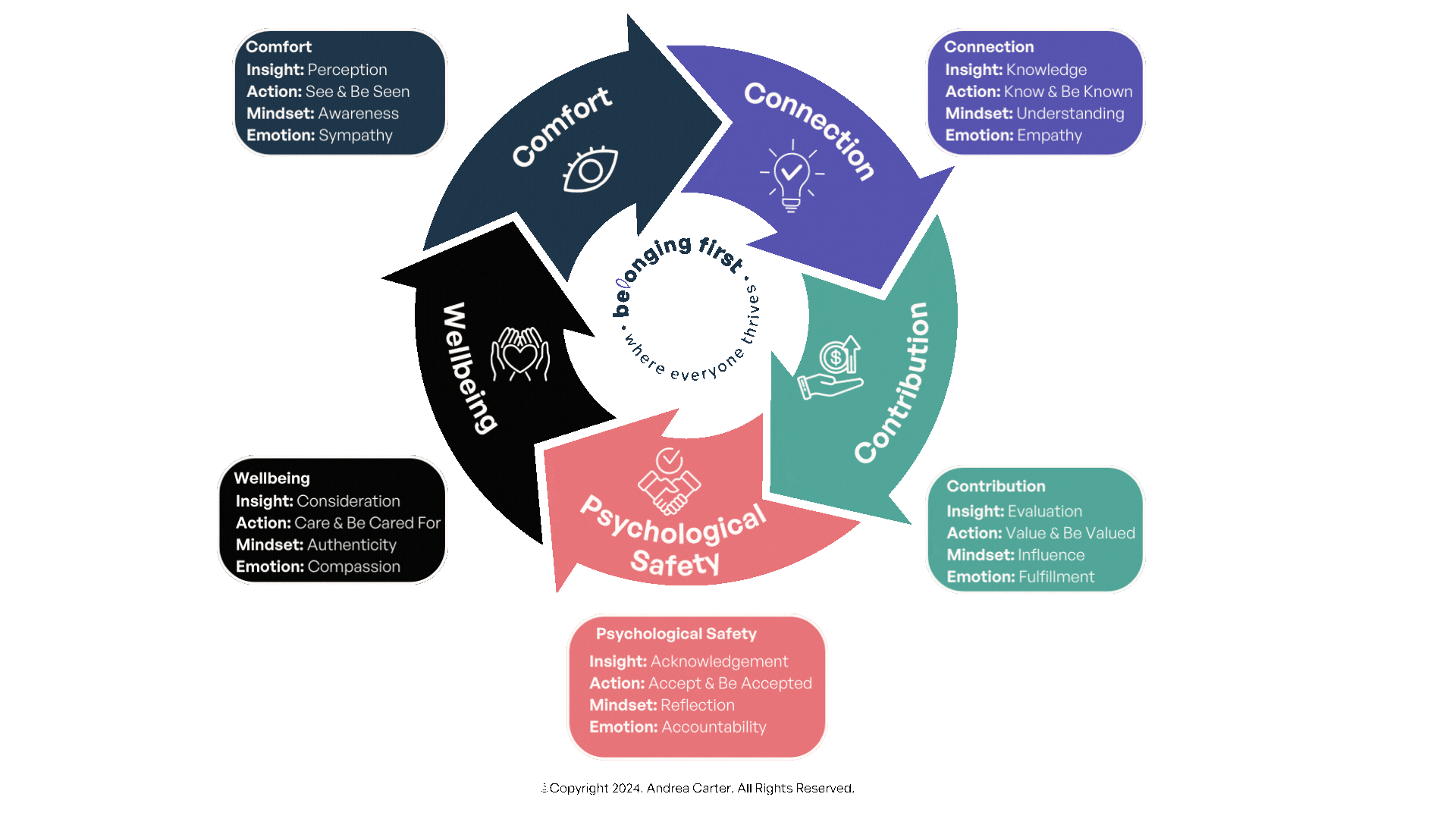In the Face of DEI Backlash, Belonging Emerges as the Key to Long-Term Success
Authored by: Andrea Carter, Adjunct Faculty in Industrial and Organizational Psychology, Adler University
Contributor: James D. Halbert, Professor of Industrial and Organizational Psychology, Adler University
TORONTO, ON / ACCESSWIRE / September 4, 2024 / As diversity, equity, and inclusion (DEI) initiatives face increasing scrutiny and rollback in workplaces across the United States, a new perspective is emerging that could reshape the future of these efforts. In a recently published article, Andrea Carter, an expert in belonging and workplace culture, argues that the concept of "belonging" holds the key to revitalizing and sustaining DEI initiatives.

Carter, who serves as an Adjunct Professor at Adler University and is the CEO and Founder of Belonging First, highlights the growing disillusionment with traditional DEI approaches. While DEI has become a prevalent focus in American workplaces, recent trends reveal a significant decline in the commitment to these initiatives, with some companies scaling back or abandoning their DEI efforts altogether. This shift, Carter suggests, is partly due to misunderstandings and oversimplifications in how DEI is implemented.
"Belonging is the heartbeat of a thriving organization," asserts Carter. "To truly experience belonging, it's not enough to be included; my research shows five critical indicators must also be present. This distinction underscores that belonging is a unique and essential experience, distinct from inclusion, and critical for fostering a truly cohesive and supportive environment."
Carter's research, supported by James D. Halbert, a Professor of Industrial and Organizational Psychology at Adler University, introduces five critical indicators of belonging: comfort, connection, contribution, psychological safety, and wellbeing. These indicators, she argues, are essential for fostering a truly cohesive and supportive workplace environment.

"Belonging is the bedrock of a thriving, innovative workplace," explains Carter. "When organizations prioritize these five indicators, they not only enhance individual wellbeing but also unlock the full potential of their teams, driving innovation and long-term success."
Carter and Halbert emphasize that belonging goes beyond inclusion by addressing the need for genuine connection and shared responsibility within the workplace. By focusing on creating environments where these indicators of belonging are prioritized, leaders can cultivate passion, loyalty, and excellence in their organizations. Click To Read Article
As businesses grapple with the challenges of sustaining DEI initiatives in an increasingly complex and polarized environment, Carter's research provides a roadmap for leaders seeking to build more resilient and inclusive workplaces. By integrating belonging into the fabric of their organizations, companies can navigate the current backlash against DEI and emerge stronger and more united.

About The Conversation:
The Conversation exists to unlock knowledge for the public by helping academic experts share their insights. Our mission is rooted in the belief that informed discussions on topics ranging from culture to politics to science can lead to a better world. In today's media landscape, where extreme positions often dominate, we stand out by elevating voices of true expertise-university-affiliated researchers who deeply understand their subjects.
We invite our readers to engage with our content, ask questions, and contribute to our mission of fostering informed public discourse.

About the Authors:
Andrea Carter is an Adjunct Faculty member at Adler University and the CEO and Founder of Belonging First, a consulting firm dedicated to helping organizations refine their DEI strategies through the lens of belonging.
James D. Halbert is a Professor of Industrial and Organizational Psychology at Adler University. He has no relevant affiliations beyond his academic appointment.
For Media Inquiries:
Contact: Andrea Carter
Email: ancarter@adler.edu
Phone: (312) 555-1234
SOURCE: Belonging First
View the original press release on accesswire.com





